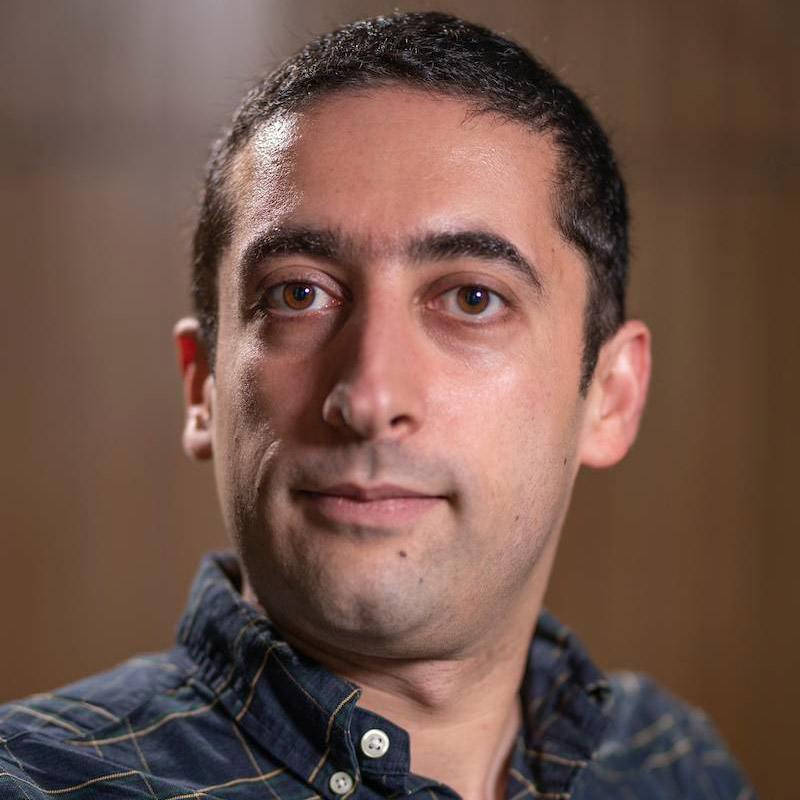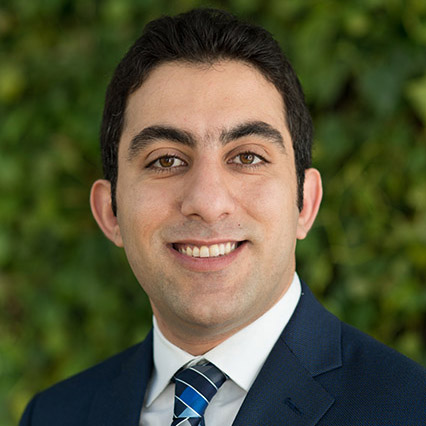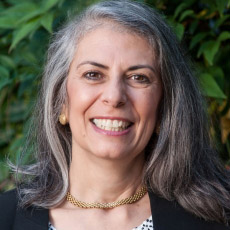Project Abstract
Destructive wildfires in the Arctic, which are projected to grow in increased frequency and magnitude, are driven by multifaceted factors such as environmental change, expanded wildland-human interface, and lack of models to integrate natural, engineering, and social sciences to help coordinate response and recovery decisions. The interaction between the energy network and wildfires is highly interrelated since wildfires are compounded directly and indirectly by inaccurate and imprecise management of the energy network. The situation becomes further complicated in Arctic regions with complex terrain, constant exposure to nature's forces, and vulnerable infrastructure, leading to economic and social losses. Though a series of workshops, this NNA project enables creative brainstorming, builds synergistic models, and guides multidisciplinary discussions that will generate knowledge on better understanding, navigating, planning, and adapting to evolving Alaska wildfire regimes. Through the lens of energy resilience, the project supports building stronger ties and facilitates a two-way dialogue among researchers, local communities, and stakeholders to provide solutions for emergency preparedness, operational endurance, and enhanced resilience to wildfires.
This NNA planning grant expands scientific understanding of interactions between natural environment, energy infrastructure, and social systems before, during, and following wildfires. It generates knowledge about the interaction of wildfires with energy systems and builds on those insights to develop research directions and roadmaps to deploy advanced energy technologies for structural and operational resilience against wildfires, while considering legal and regulatory requirements and local community needs. The project shapes research directions on the varied wildfire triggers in Alaska, enhances understanding of interactions of Alaskan energy networks and wildfires, and guides strategic plans for wildfire resilience. Further, the project engages local Alaskan communities with an integral and active role in implementing plans against the undesirable social, psychological, and physical outcomes of wildfires. The workshops in this project engender a multidisciplinary team that uses the knowledge and relations gained to develop engineering solutions to social and environmental challenges, strengthen the connections between Arctic and non-Arctic communities, and provide Arctic residents with educational opportunities to train the workforce of the future on Arctic wildfire resilience.
Logistics Summary
This collaboration between Heidari Kapourchali (2022705, UAA) and Dehghanian (2022505,GWU) aims to analyze the interactions between wildfires and energy systems in Alaska as it relates to implications for community health, education and energy regulation. Over two years, the researchers would use team meetings and annual workshops in Alaska to develop: 1) knowledge on these relationships, 2) questions for future research, and 3) a team to do that research. No fieldwork will be conducted.
Project Location
Dates
-Location
AlaskaMembers
Principal Investigator

Co-Principal Investigator

Co-Principal Investigator

Principal Investigator

Co-Principal Investigator

Co-Principal Investigator

Co-Principal Investigator

